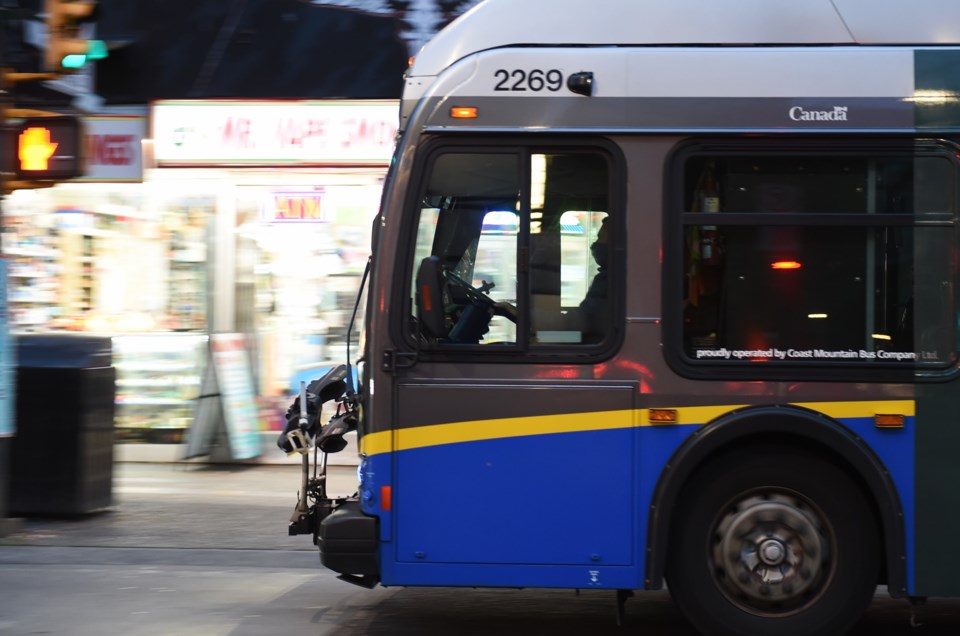- UPDATE FEB. 1, 2024: CUPE 4500, the union representing over 180 striking transit supervisors, has on an "acceptable compromise" with its employer ahead of a possible 72-hour transit strike. Read more .
A complete Metro Vancouver as a result of a transit supervisors' strike has prevented thousands of people from making it to work for a second day, however, things will go back to near-normal overnight - for the time being.
The buses and the SeaBus will resume their regular schedules starting at 3 a.m. Wednesday (Jan. 24).
CUPE 4500 - the union representing transit supervisors, including those overseeing bus drivers and mechanics -- commenced the current strike at 3 a.m. Monday, effectively shut down nearly all TransLink bus routes and SeaBus service.
While the union hasn't reached an agreement with its employer, Coast Mountain Bus Company (CMBC), representative Gregory Taylor confirmed that CUPE 4500 members "will return to work" starting in the wee hours of Wednesday morning.
"CUPE 4500 members will be reporting for normally scheduled shifts, with the overtime ban back in place," he told V.I.A.
The overtime ban for its workers began back on Jan. 6.
On Monday, Jan. 29 the union will meet with the BC Labour Relations Board to discuss expanding its
If the union expands its job action to the SkyTrain, TransLink would face a complete shutdown of its transportation network.
How has the Metro Vancouver bus strike affected commuters?
For many locals, a SkyTrain station isn't located within walking distance of their home. Many of these individuals faced surge pricing for , such as Uber, or faced lengthy wait times for a cab or an Evo car share ahead of their Monday morning commute.
"Housing is more affordable in the least accessible neighbourhoods," Dr. Lawrence Frank, Professor of Urban Studies and Places, UC San Diego (formerly of UBC), told V.I.A. in an interview.
This means that many of the people who can't afford sky-high rent prices in places close to SkyTrains and other centrally located spots don't have transit alternatives for getting to work.
"It is clearly the people that are the most impacted that are transit dependent," he said. "This is throwing a wrench at the most vulnerable population."
Conversely, "choice riders" -- people who have multiple transit options -- often live in more affluent, walkable neighbourhoods.
What will happen if the transit strike expands to include the SkyTrain?
"When you take one piece out of the system, it starts to buckle. But if the bus strike is expanded to the SkyTrain, it will be a region-wide crisis," Frank explained.
While the transportation network works as an integrated system, meaning that all components, including bus, rail, and SeaBus work together, many locals only use the SkyTrain to get to work; others have opted to walk to it as a last resort instead of bus service.
Metro Vancouver is also a "very transit-oriented region," with more residents using it per capita than many other big cities across North America. This means that the road system that would overflow as a result of the entire transportation network being offline.
While the union says it will go back to work Wednesday, commuters should stay up-to-date with current strike notifications with TransLink.
Sign up for , consult the , follow or call the customer information desk at 604-953-3333 (translation services are available in over 300 languages).


